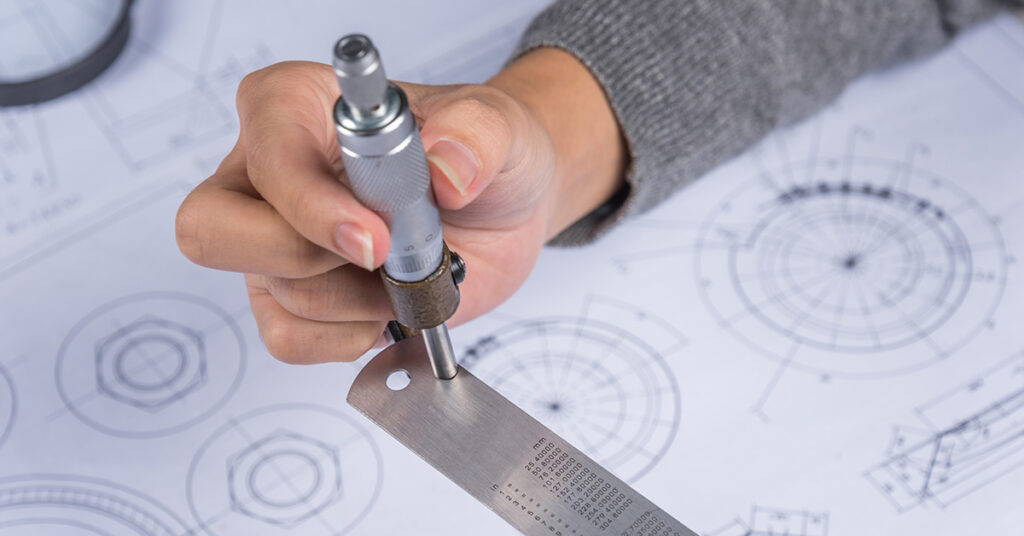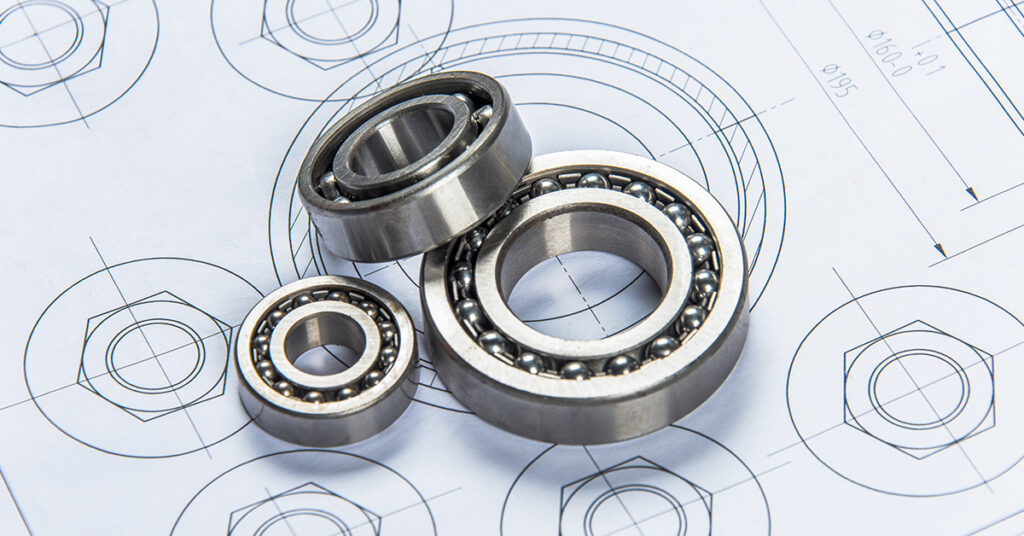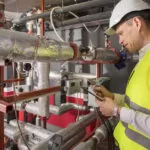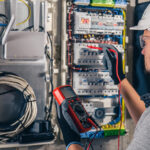In the realm of construction, where precision and functionality converge, Mechanical, Electrical, and Plumbing (MEP) systems lay the foundation for remarkable structures. Among these systems, mechanical engineering stands as the bedrock upon which innovation thrives. In this comprehensive guide, we embark on a captivating journey to unravel the intricacies of mechanical engineering in MEP, exploring its fundamental principles, key components, and the pivotal role it plays in creating cutting-edge solutions that redefine the boundaries of possibility.
Table of Contents
The Essence of Mechanical Engineering in MEP
Mechanical engineering is a multidisciplinary field that encompasses the design, analysis, and implementation of mechanical systems within the context of MEP. It combines principles from various disciplines such as physics, mathematics, and materials science to create efficient and sustainable solutions that revolutionize the built environment.

Mechanical engineering forms the backbone of MEP systems, ensuring the seamless integration of mechanical components with electrical and plumbing systems. By leveraging their expertise, mechanical engineers optimize the performance, reliability, and energy efficiency of mechanical systems, enabling buildings to operate at peak functionality.
Key Components of Mechanical Engineering in MEP
- Heating, Ventilation, and Air Conditioning (HVAC) Systems HVAC systems exemplify the essence of mechanical engineering in MEP, as they are responsible for maintaining optimal temperature, humidity, and air quality within a building. We delve into the intricacies of HVAC systems, exploring their components, design considerations, and the latest innovations in energy-efficient heating and cooling technologies.
- Fluid Mechanics and Plumbing Systems Fluid mechanics plays a vital role in MEP, particularly in plumbing systems. We explore the principles of fluid dynamics, examining how mechanical engineers design efficient water supply, drainage, and fire suppression systems that ensure the safety and comfort of building occupants.
- Energy Management and Conservation Mechanical engineers in MEP are at the forefront of energy management and conservation efforts. We delve into the strategies employed by these engineers to optimize energy usage, reduce environmental impact, and integrate renewable energy sources into MEP systems, fostering sustainability and resilience.
Innovations and Breakthroughs in Mechanical Engineering for MEP
- Building Information Modeling (BIM) Building Information Modeling (BIM) has revolutionized the field of mechanical engineering in MEP, enabling engineers to create accurate digital representations of buildings and systems. We explore how BIM enhances collaboration, improves efficiency, and facilitates better decision-making throughout the design, construction, and maintenance phases.
- Computational Fluid Dynamics (CFD) Computational Fluid Dynamics (CFD) has emerged as a powerful tool in mechanical engineering for MEP, allowing engineers to simulate and analyze fluid flow, heat transfer, and ventilation in complex building systems. We delve into the applications of CFD in optimizing HVAC performance, indoor air quality, and occupant comfort.
- Internet of Things (IoT) and Smart Buildings The Internet of Things (IoT) has ushered in a new era of connectivity and automation in the built environment. We discuss how mechanical engineers leverage IoT technologies to create smart buildings with integrated MEP systems that monitor and optimize energy usage, enhance occupant comfort, and enable predictive maintenance.
The Future of Mechanical Engineering in MEP
- Sustainability and Green Building Design Sustainability lies at the core of mechanical engineering in MEP. We explore how engineers are embracing green building design principles, utilizing renewable energy sources, and implementing energy-efficient technologies to create buildings that minimize environmental impact and maximize occupant well-being.
- Robotics and Automation The advent of robotics and automation has transformed the landscape of mechanical engineering in MEP. We examine how engineers are harnessing the power of robotics to streamline construction processes, enhance system maintenance, and improve overall operational efficiency.
- Advanced Materials and Fabrication Techniques Advancements in materials science and fabrication techniques have opened up new possibilities for mechanical engineering in MEP. We explore the use of advanced materials, such as composites and nanomaterials, and innovative fabrication methods, such as 3D printing, in creating lightweight, durable, and energy-efficient MEP systems.
Convergence of Mechanical Engineering and MEP: A Catalyst for Innovation
The convergence of mechanical engineering and MEP systems acts as a catalyst for innovation in the construction industry. By seamlessly integrating mechanical, electrical, and plumbing components, engineers can create synergistic solutions that optimize building performance, enhance occupant comfort, and reduce environmental impact. The holistic approach offered by mechanical engineering in MEP paves the way for a future where buildings are not only functional but also sustainable, intelligent, and resilient.

Conclusion
As we conclude this enlightening exploration of mechanical engineering in MEP, we are reminded of its profound impact on the built environment. From HVAC systems that ensure optimal indoor conditions to plumbing systems that provide essential services, mechanical engineering drives innovation and shapes the future of construction.
By embracing cutting-edge technologies, sustainable practices, and a relentless pursuit of excellence, mechanical engineers in MEP are poised to unleash the power of innovation, elevating buildings to new heights of efficiency, functionality, and environmental stewardship. Let us embrace this spirit of exploration and forge a future where mechanical engineering in MEP continues to shape the world we live in.




